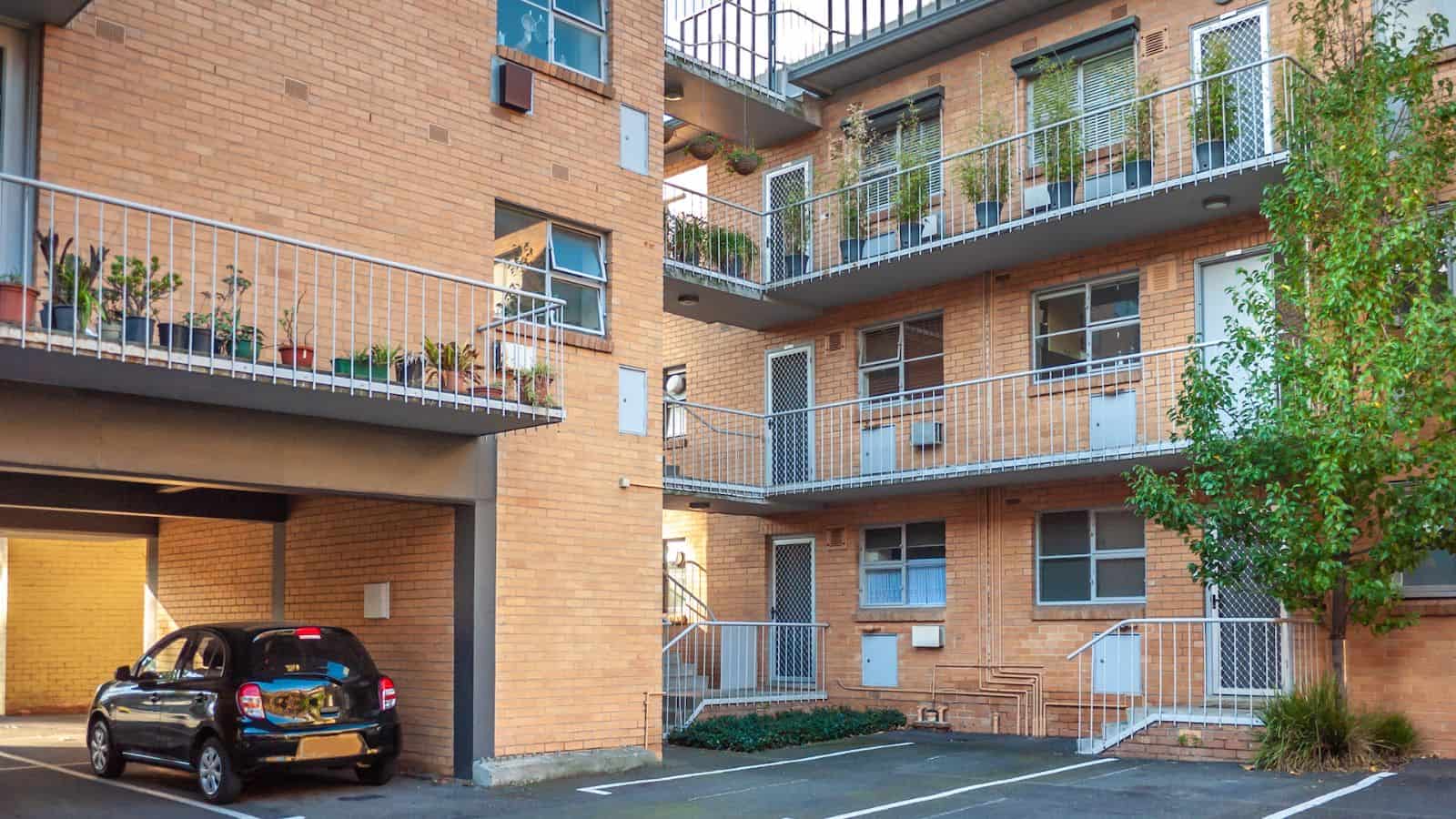Renting a home isn’t as straightforward as we’d like, and there are many things your landlord can use to take advantage of you (legally, at that). In this article, we discuss 20 of these things so you know your rights as a tenant.
Raising Rent Prices

Landlords often increase rent prices with minimal notice, especially if your lease is month-to-month. And Justia shares that this is entirely legal, as long as they follow rent control laws. As this can be a financial strain for you, and to get yourself some level of protection and stability, it’s best to always stay aware of local rent control laws and also negotiate longer lease terms.
Charging Late Fees

Late rent payments, although they aren’t always hefty, can add up to significant costs for you in the long run. Sadly, it’s entirely within your landlord’s right to charge them when you delay your payments. Nonetheless, these charges are still expected to be reasonable and explicitly outlined in the lease agreement.
Withholding Security Deposits

FindLaw explains to us that landlords are also allowed to withhold part of your security deposits to cover things like damages, unpaid rent, or allowable late fees. To protect yourself from the abuse of this power, you should always document the condition of the property, including repairs, for when you move in and out.
Neglecting Repairs

Legally, landlords must maintain habitable living conditions, but they are allowed to delay non-essential repairs. This can lead to prolonged inconvenience for tenants. So, documenting requests and following up regularly can ensure that necessary repairs are addressed in a timely manner.
Imposing Strict Lease Terms

Landlords can also include strict terms in lease agreements, such as limits on guests or restrictions on decorating. As these conditions can make your living situation less enjoyable, you should always read your lease carefully and discuss any concerns with your landlord before signing it.
Enforcing Rigid Renewal Policies

Some landlords impose strict renewal policies, requiring tenants to decide months in advance whether they will renew their lease. We understand how this can be stressful if your future plans are uncertain. Hence, we advise that you discuss renewal terms early and negotiate flexibility to mitigate this issue.
Implementing Utility Charges

Landlords are allowed to start charging for utilities separately, and some don’t care if this significantly increases your monthly expenses. It’ll serve you better if you ensure you understand what utilities are included in your rent and budget accordingly. If utility costs are added unexpectedly, discuss this change with your landlord.
Using Month-to-Month Leases

While month-to-month leases offer flexibility, they also allow landlords to increase rent or terminate your lease with short notice. To hedge against related instability and to provide more security for your housing situation, considering a longer-term lease will be your best option here.
Enforcing No-Pet Policies

No-pet policies can be strictly enforced, even if you have a small or well-behaved animal, and this can be especially difficult for chronic pet owners. Before moving in, ensure you understand the pet policy and negotiate potential exceptions if necessary. However, know that your landlord doesn’t have this right if you have service or emotional support animals, according to U.S. News.
Limiting Subletting Options

Some landlords restrict or prohibit subletting, and this is especially problematic if you need to move out temporarily and lease out to cover rent while away. Discuss subletting policies before signing your lease, and get any agreements in writing to avoid misunderstandings. Don’t sign an agreement if you aren’t comfortable with subletting terms.
Adding Unnecessary Fees

Landlords might also legally impose additional fees for various reasons, such as parking, amenities, or administrative costs. And these fees can add up quickly, making your rental more expensive than anticipated. Review your lease for any hidden fees and ask for clarification on what each charge in the agreement covers.
Requiring Renters Insurance

While requiring renters insurance is legal and can protect both you and the landlord, it adds an extra cost to you in both the long and short run. Make sure you shop around for affordable policies and understand what is covered to get the best value for your money.
Controlling Access to Common Areas

Landlords may impose restrictions on areas shared with other tenants, such as laundry rooms, gyms, or outdoor spaces. Yes, these limitations are in place to promote peaceful coexistence, but they can also affect your quality of life. Understanding these policies before moving in can help you decide if the property meets your needs or not.
Implementing Property Inspections

No matter how invasive and annoying they may seem, frequent property inspections are within the legal rights of landlords too. However, landlords typically need to provide notice before entering your unit. You should clarify inspection policies to understand your rights and prepare accordingly.
Setting Strict Move-Out Conditions

Move-out conditions can be stringent, with landlords sometimes requiring professional cleaning or specific maintenance tasks. And, frustratingly, your failure to comply can result in additional charges against you. It’s best to clearly understand these conditions early on and plan ahead to avoid unexpected expenses when you move out.
Enforcing Quiet Hours

Quiet hours are often enforced to maintain peace, but they can be restrictive if they are too stringent. This can affect your lifestyle, especially if you have an irregular schedule. Make sure you understand and are comfortable with the quiet hour policies before committing to a lease.
Delaying Deposit Returns

Landlords can also delay returning your security deposit, and they often take the maximum time allowed by law (which is usually 60 days) to do this. However, according to Colorado State University, if the deposit isn’t returned during this legal period, you’re entitled to the full value of your deposit.
Charging for Lease Termination

Early lease termination can result in significant fees. These fees are entirely legal if they’re outlined in the lease agreement, and they can also be financially burdensome to deal with. Knowing these terms beforehand and planning your lease duration carefully can help you avoid costly penalties.
Limiting Personalization

Restrictions on personalizing your space, such as painting walls or hanging pictures, can make it feel less like home. But since these rules are usually included in the lease, you can set and compare your expectations on personalization through discussions with your landlord before moving in.
Imposing Parking Restrictions

Parking restrictions, such as assigned spots or additional fees for extra vehicles, despite being almost unfairly inconvenient and costly, are generally legal as well. You can avoid ending up in a tight spot by understanding the parking situation and taking into account any associated costs before signing the lease.
Up Next: 19 Things You Didn’t Realize Are Against The Law

Most laws are common sense, like those involving theft, property damage, or violence, but there are many lesser-known regulations that most people aren’t even aware of. This article reveals 19 illegal acts that may inadvertently turn you into a common criminal. Remember, ignorance of the law is no excuse for breaking it!
19 Things You Didn’t Realize Are Against The Law
18 Most Common Reasons Why Women Leave Their Husbands

All women have different preferences when it comes to their relationships and marriages. However, there are many universal behaviors, traits, and habits that commonly drive them to divorce. This list unveils the 18 most common reasons why women leave their husbands.
18 Most Common Reasons Why Women Leave Their Husbands
17 Behaviors That Make People Think Less of You

If you want to be accepted by those around you, you have to behave in certain ways. Obviously, you should still be yourself, but there are certain social ‘rules’ people should abide by, like avoiding these 17 behaviors that make people think less of you.

